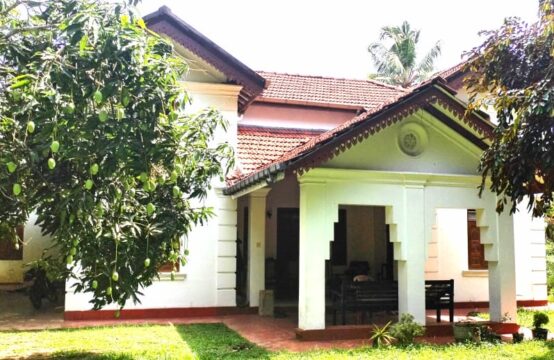FAQ
- Major property legislation
-
Sri Lanka’s property ownership and transactions are governed by various legal frameworks, ensuring transparency and clarity in property dealings. Below are the key legislations:
Key Property Legislations
1. Land (Restrictions on Alienation) Act No. 38 of 2014
•Imposes restrictions on the transfer of land to foreign individuals, foreign companies, and certain legal entities.
2. Apartment Ownership Law No. 11 of 1973 (as amended)
•Governs the ownership and transfer of apartments and condominium properties.
3. Ceiling on Housing and Property Law
•Limits the maximum number of residential properties an individual or entity can own.
4. Prevention of Frauds Ordinance
•Requires all transactions involving land (e.g., transfers, leases, mortgages) to be executed in the presence of a notary public and two witnesses to ensure validity.
5. Registration of Documents Ordinance
•Regulates the registration of property-related documents, ensuring priority rather than validity.
•Registration provides evidence of a claim to ownership or interest in the property.
6. Stamp Duty Act
•Imposes stamp duty on property transactions, making payment of this duty a legal requirement for the registration of property documents.
7. Land Reform Law
•Limits land ownership to specified ceilings and regulates the redistribution of excess land for public benefit.
8. Registration of Title Act No. 21 of 1998
•Introduces a system of title registration for property, providing a certificate of title as conclusive proof of ownership.
•This Act is not yet fully operational across the country.
Property Ownership in Sri Lanka
1. Types of Ownership:
•Property can be owned by:
•The state
•Private individuals
•Corporate entities
2. Private Land Transactions:
•Ownership is established through deeds of transfer or gifts executed before a notary public and two witnesses, as required by the Prevention of Frauds Ordinance.
3. Other Property Transactions:
•Leases, mortgages, and other dispositions must comply with the Prevention of Frauds Ordinance.
•Such documents must also be registered under the Registration of Documents Ordinance to establish priority.
4. Registration of Title:
•Under the Registration of Title Act, a certificate of title serves as definitive proof of ownership once registered.
•This system, however, is not yet fully implemented across Sri Lanka.
Key Notes on Registration
•Registration Priority:
While registration is not required to validate a deed under the Registration of Documents Ordinance, it establishes priority in ownership claims.
•Proof of Ownership:
Under the Registration of Title Act, registration provides conclusive evidence of ownership.
Conclusion
Sri Lanka’s property laws emphasize due diligence, notarization, and registration to protect ownership rights and ensure fair transactions. Familiarity with these legal frameworks is crucial for both local and foreign individuals or entities engaging in property dealings.
Property Search
Trending PROPERTIES
Latest News
Business and financial news in Sri Lanka
By Divya Thotawatte Set overlooking the sweeping southern coastline, Anantara Peace Haven Tangalle Resort recently unveiled the Peace Haven Bungalow,…
Unveils Vibrant National Pavilion at Arabian Travel Market 2025 On April 28, 2025, the Sri Lanka Tourism Promotion Bureau (SLTPB)…
NKAR, a well-established name in the tourism industry for over 45 years, continues to set itself apart with its innovative…
Boutique Hospitality with a Purpose: Nestled along the golden shores of Mirissa, Reveal the Collection isn’t just a sanctuary of…



